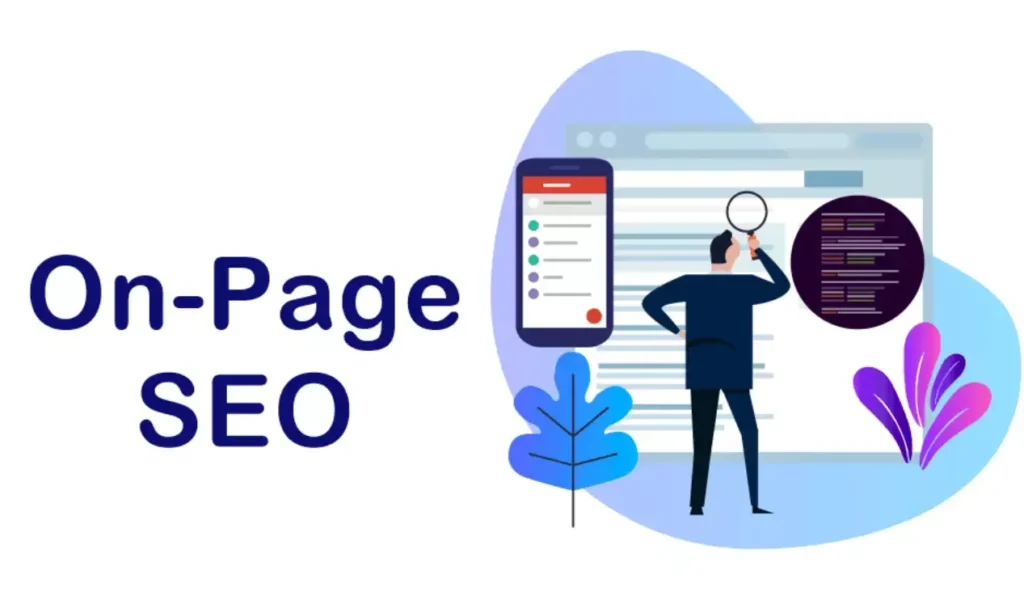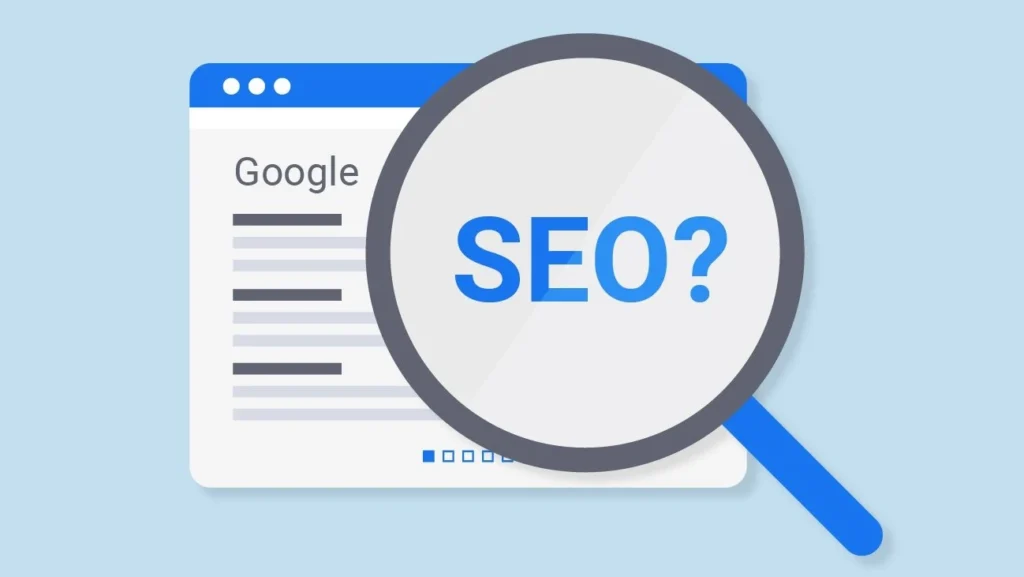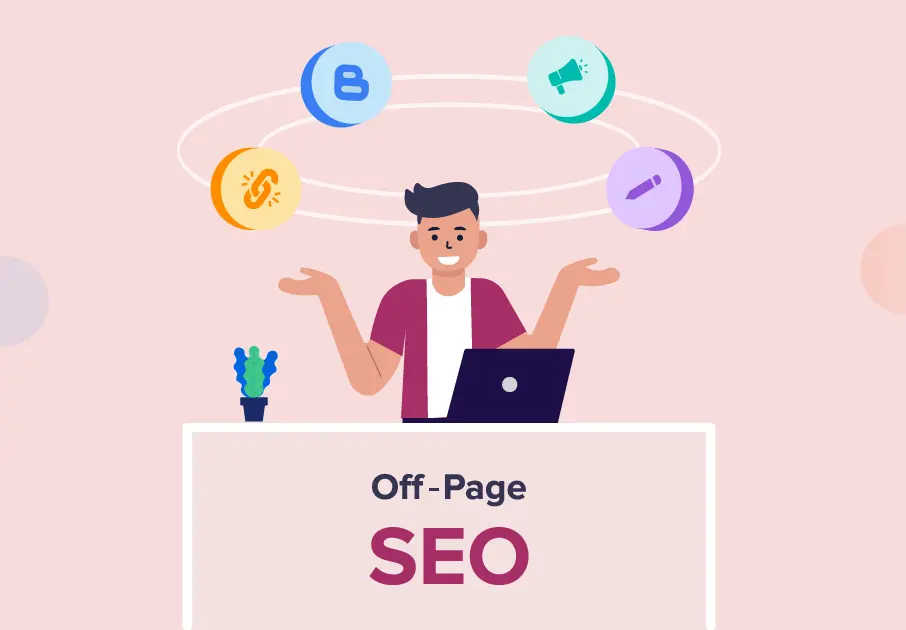
Krishnendu (Kriz) – Kerala’s No. 1 Freelance SEO Expert, with an MBA in HR and Marketing and extensive experience across various marketing fields, Krishnendu, popularly known as Kriz, has established himself as Kerala’s leading freelance SEO expert. Transitioning into digital marketing, he quickly specialized in SEO, leveraging his strong knowledge of branding and digital marketing concepts. Kriz has successfully managed multiple projects, helping businesses enhance their online visibility and drive organic traffic to their websites. His expertise lies in crafting strategic digital marketing and branding plans tailored to each client’s unique needs and objectives, and implementing effective optimization techniques to improve search engine rankings.



